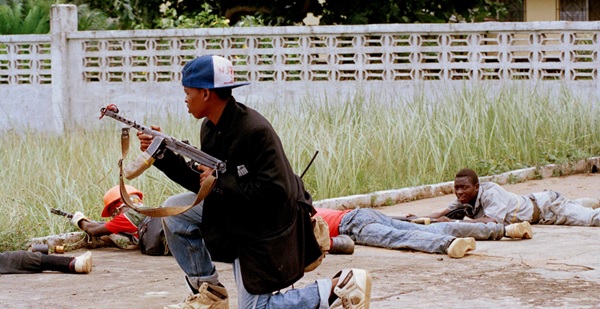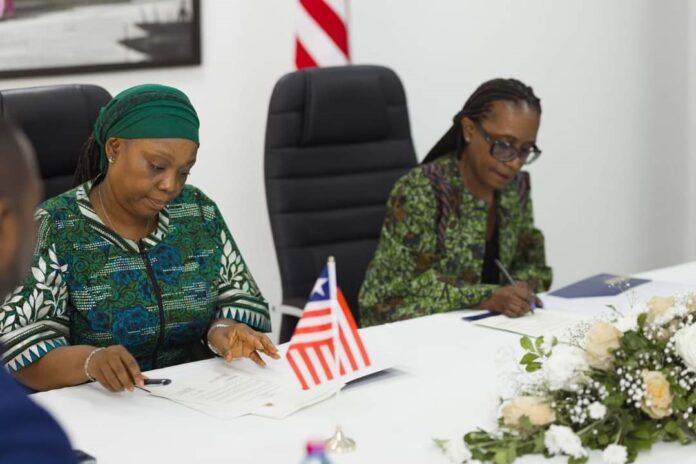The establishment of a war crimes court in Monrovia, Liberia marks a significant and long-awaited step towards achieving justice and accountability. However, this endeavor has encountered considerable challenges on its path to fruition.
One of the primary obstacles has been the presence of individuals indicted for war and economic crimes who hold prominent positions within successive Liberian governments. This unfortunate circumstance has resulted in a deliberate delay in the establishment of the court.
Despite these challenges, recent developments indicate that progress is being made. Determined efforts are underway to secure funding for the court’s operations through the production of video documentaries and contributions from supportive governments. Furthermore, President Joe Boakai’s meetings with American human rights activist Dr. Allen White have played a pivotal role in overcoming obstacles and facilitating the court’s establishment.
It is important to highlight that one of the main suspects in the court proceedings, former rebel general Prince Johnson, maintains a close friendship with President Boakai. Johnson, who currently serves as a senator, played a significant role in assisting Boakai’s victory in the presidential election. However, it is expected that even high-profile figures like Johnson will not be exempt from arrest and prosecution.
The Liberian legislature also includes individuals suspected of war and economic crimes, who are likely to face apprehension as well. Discussions are currently underway to authorize the presence of foreign troops in Liberia to ensure the security and effectiveness of the court, which will be exclusively held within the country. This approval would require legislative consent, providing the international community with an additional means to address the situation in the face of war and economic crime suspects entrenched within the Liberian legislature.
According to a reliable security source close to the establishment of the court, no one will be exempt from arrest and prosecution. Those who have embezzled public funds during Charles Taylor’s regime and other periods of the civil war will be held accountable. Dr. Allen White, in his discussions with President Boakai, has emphasized that investigators will diligently follow the evidence, and those implicated will be required to answer for their actions. President Boakai, for his part, has also stated that the establishment of the court is not a witch hunt but a means to hold individuals accountable for their actions during that tumultuous period.
The establishment of the war crimes court in Monrovia represents a significant stride towards justice and accountability. It sends a resolute message that impunity will not be tolerated, and those responsible for atrocities and corruption will face the consequences of their actions. This crucial step is necessary to honor the memory of the over 300,000 people who tragically lost their lives during the civil war in Liberia.
Regarding the pending Liberian War Crimes Court process, it is important to note that the Global Justice Research Project, Civitas Maxima, and the Center for Justice and Accountability will not be involved.
Our sources have accused them of improperly influencing witnesses, thus raising concerns about their participation in the court proceedings.







